Millions of adults are now turning to natural remedies and therapies to maintain a normal healthy lifestyle over medical alternatives. And rather than a doctor being a first port of call in times of trouble, 48 per cent prefer to find their own treatment while 21 per cent take up natural alternatives such as homeopathy, nutritional therapy, therapeutic massages and herbal tonics. It also emerged the average Brit takes nine vitamin and mineral supplements a month, preferring to stick with remedies that come from nature.
It also emerged the average Brit takes nine vitamin and mineral supplements a month, preferring to stick with remedies that come from nature.
A spokesman for The School of Health, which commissioned the report via OnePoll.com in conjunction with World Health Day, said: “Busy waiting times and overloaded medical professionals mean many people find it easier to fend for themselves. “Add to this a growing mistrust of pharmaceutical companies, and it’s little surprise many adults are looking for more natural solutions to stay well. “People feel more empowered to take responsibility for their own health and do their own research, and the survey shows that many choose natural medicines because they feel they are safer, less toxic with little or no side effects.“As we move into spring and summer, hay fever and allergies are at their peak and people are looking for ways to stay healthy and fend off itchy eyes and blocked sinuses.”
Brits say they get ill at least three times each per year on average and four in 10 have an underlying long term chronic illness. Another four in 10 say, when they do become ill, they’ll trust other sources than their doctor for advice, including asking friends and family or the internet.
The most common natural remedy for adults to try and get themselves well is drinking lots of fluids – most likely a honey, hot water and lemon solution. And more than a third will increase their intake of fruit and veg to fend off an illness, while one in 20 turn to herbal medication.
Others take regular vitamin or mineral supplements, avoid processed foods and enjoy walks in nature. A quarter of the nation even say they rely more on natural remedies and therapies than seeing the doctor. And one in five believe they have to see their doctor less because of the natural medications they use to ward off illness.
A further fifth would consider using herbal medicine in the future, and the same amount would be willing to try acupuncture, while 16 per cent would experiment with homeopathy and 15 per cent consider nutritional therapy. One in 20 would even be willing to give Ayurvedic medicine – which originated in India more than 3,000 years ago – a go the next time they got unwell.
The study also revealed the most common signs you’re in good health, with feeling well inside yourself, having good energy levels and eating five portions of fruit and veg per day, the most common.
Not taking any time off work, being able to enjoy your life and staying off the cigarettes are also signs you’re on top physical form.
The School of Health’s spokesman added: “It was good to note that beyond physical pain, people understand that being able to enjoy life with good energy ‘inside and out’ and being creative are vital in terms of health and wellbeing. “We were also happy to see how many people recognise the importance of a good diet, drinking habits and regular exercise in maintaining their wellness. “In this age of fast-food and processed meals, it’s heartening that many realise their health could be improved by changes they could make themselves, rather than relying on an overstretched NHS.”
- Gut microbiome could delay onset of type 1 diabetes - 3rd April 2025
- The da Vinci 5 Robot Is Set To Transform Bariatric Care: - 31st March 2025
- Beyond money: the hidden drivers fuelling child food insecurity - 31st March 2025
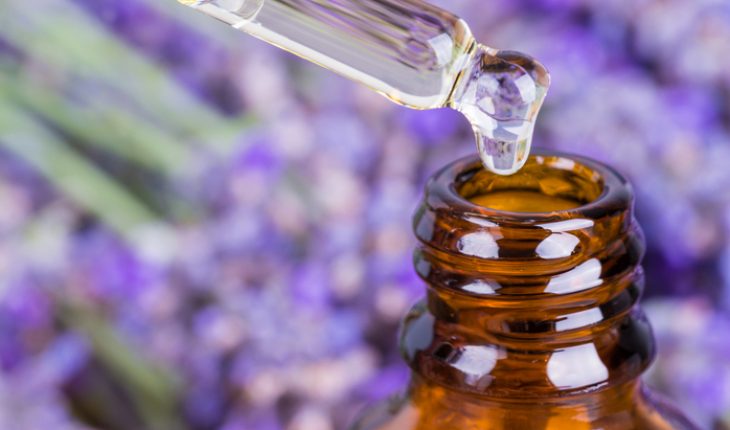
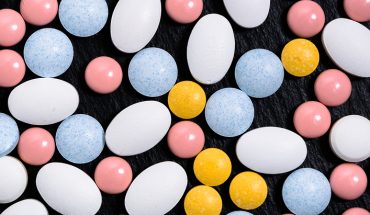

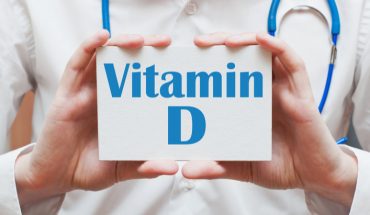

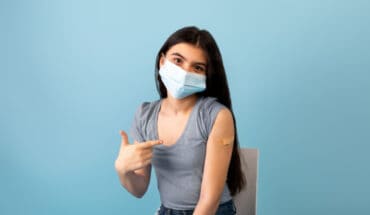
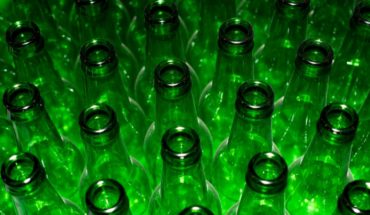
This is good to see. The toxic nature of Allopathic medicine has yet again made, seeing such a doctor, a dangerous lifestyle choice.
Whatever conventional, or Allopathic medicine does, it does not create health. People know that and are looking elsewhere.